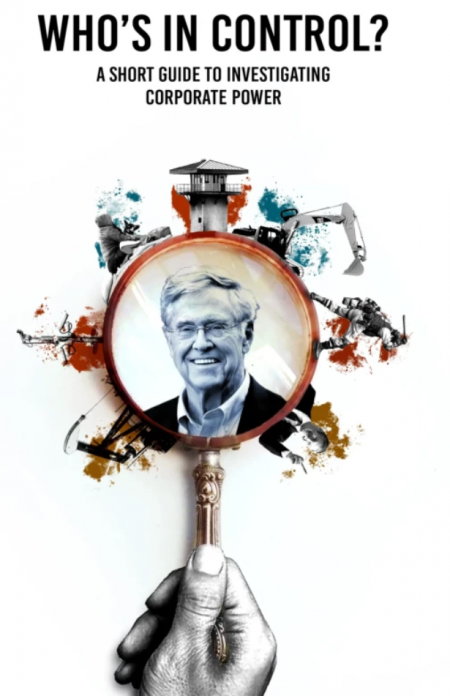Bakunin Part 2
£1.30
Bakunin Part 2. Guy A. Aldred. A continuation of part 1 of this classic work. Bakunin Parts 1 & 2 are Hobnail Press best sellers.
Description
Activist though he was, Bakunin did have what can be titled a political theory. Bakunin’s theory was an admixture of various ideas from various theorists. It has even been stated that “Bakunin’s thought was never very subtle or very original; . . . “. As will be shown, many of Bakunin’s ideas may have come from other political thinkers, but, the way Bakunin combined them was indeed original. Before developing Bakunin’s theory of the state and post-state social organization it is necessary to discuss those political thinkers whom Bakunin studied during his life.
While at the university of Moscow, Bakunin studied the philosophy of Immanuel Kant and Fichte. The romanticism of both can be seen in Bakunin’s positive view of human nature and the idea of the inherent socialist in each person. Bakunin was also exposed to Hegel while at Moscow and was so impressed with Hegel’s ideas that he decided to go to Berlin to study Hegel’s philosophy. In 1842 Michael came into contact with the so-called young Hegelians — a group that interpreted Hegel’s work as supportive of revolutionary activities. It was from this group that Michael first found an outlet for his dislike of authority and became a political activist. Ludwig Feuerbach and the obscure philosopher Weitlig provided Bakunin with his ideas about the potential of the revolution.
All of these influences were active in Bakunin when he went to Paris in 1844. In Paris, Bakunin met Jean-Pierre Proudhon and it was from Proudhon that Bakunin was first introduced to anarchism. The interaction between Bakunin and Proudhon was not one sided however, for while Proudhon was introducing Bakunin to anarchism, Bakunin was introducing Proudhon to Hegel. Bakunin ” . . . , borrowed much from Proudhon, . . . ” . He adapted Proudhon’s ideas to the needs of industrial society by creating large voluntary social organization and, also, accepted Proudhon’s positive view of human nature and the “lowest” social classes as the least corrupt. It can safely be said that by 1847, as a result of Proudhon’s influence, that Bakunin was an anarchist; Bakunin’s writings and actions in 1847 and after demonstrate this. Some have argued that Bakunin became an anarchist only after the failure of the Polish insurrection of 1863, and that Bakunin’s anarchism was the last step of his political development and the result of many influences. Bakunin’s anarchism was the result of numerous influences — as shown both in the section of personal and political biography — but he was already an anarchist before 1863. All that Bakunin was exposed to after 1848 only served to help delineate his ideas about what the post-state social organization should be. Since most of Bakunin’s writings are from after 1863, it is easy to assume that he became an anarchist because of the Polish insurrection but this is not correct. Bakunin was incommunicado from 1850 to 1862 and therefore could have no works published. It was clear when Bakunin came back from Siberia many of his anarchist ideas were formulated but just not complete.
Karl Marx, while his greatest rival, also helped Bakunin solidify his anarchist ideas. Marx provided Bakunin with a critique of capitalist society that supported Bakunin’s views. This did not mean, however, that Bakunin accepted all of Marx’s ideas. Bakunin utterly rejected Marx’s idea of the workers’ state: this idea made “Marx, the Bismarck of Socialism.” For Bakunin a state, no matter who ruled it, was a state: “…, even the pseudo-People’s State concocted by Mr. Marx, is in essence only a machine ruling the masses from above, . . . “. Marx’s scientific intelligentsia, according to Bakunin, would be the most despotic of all regimes. Thus, Marx provided both a negative and positive influence on Bakunin’s ideas: Marx’s workers state highlighted the difference between Marx and Bakunin but Marx’s political economy helped Bakunin formulate his post-state theories.
Marx was not the only thinker who had a negative influence on Bakunin’s theories. It is clear from his writings that Bakunin read Machiavelli, Hobbes, Locke and Rousseau, and, it is also clear that he rejected much of what they said. Bakunin mentions all of them in his writing and while mentioning them rejects what they propose. But as with Marx, this negative influence helped Bakunin formulate his ideas.
Before going into Bakunin theoretical ideas it is necessary to discuss the two thinkers that most influenced Bakunin: Ludwig Feuerbach and Jean-Baptiste Lamarck. According to Richard Saltman, Bakunin’s political thought was a combination of Lamarckian evolution and Feuerbach’s repudiation of Absolutes. I would add Proudhon to this list because, though Bakunin and Proudhon disagreed on many things, Bakunin did get his anarchism from Proudhon. Thus, Bakunin was a Social Lamarckian, rejected absolutes and history as an entity and, rejected the state and all forms of coercive authority. Bakunin’s theoretical works will to serve to highlight these ideas.
Additional information
| Weight | 0.070000 kg |
|---|



